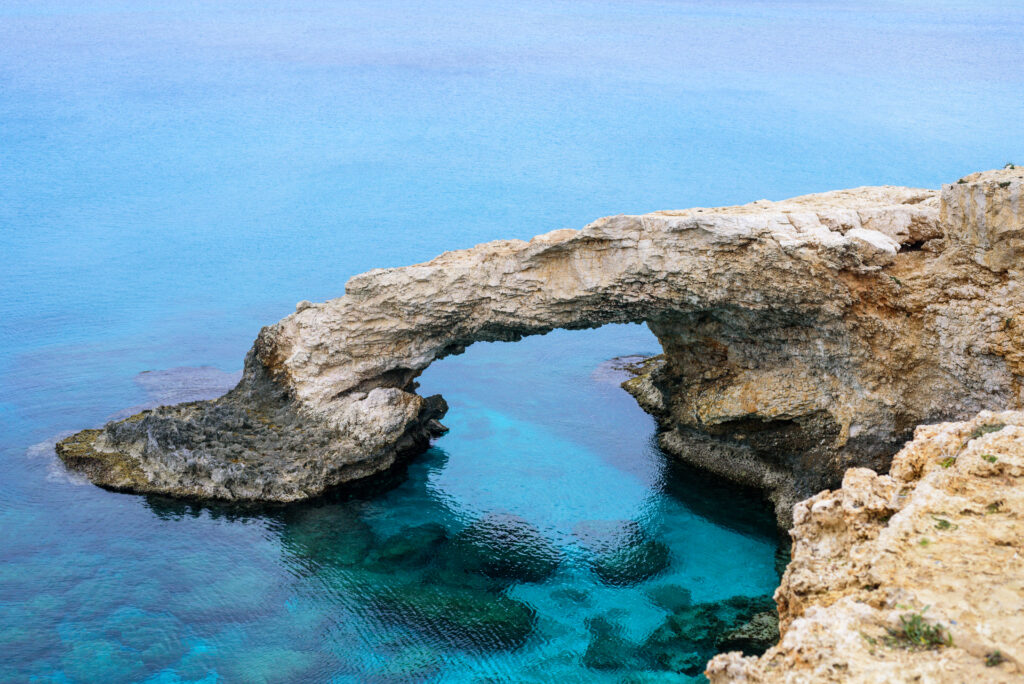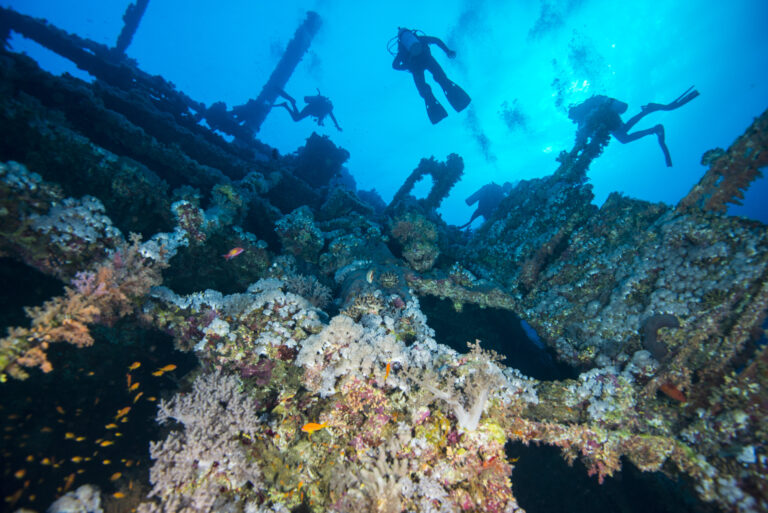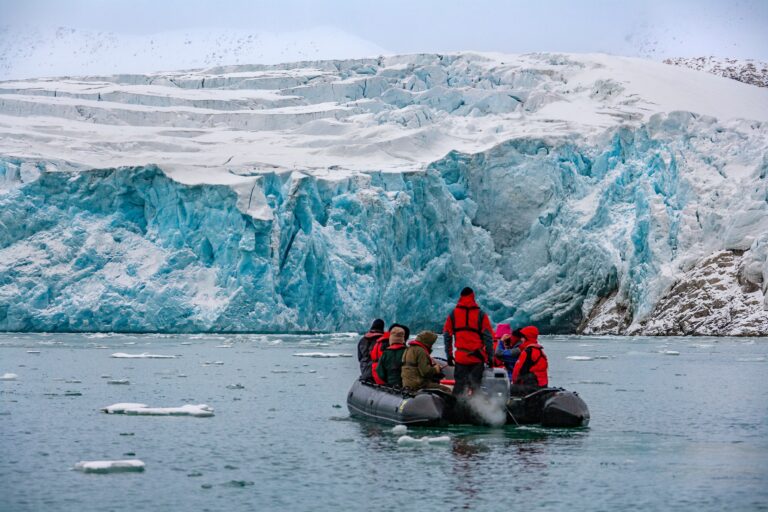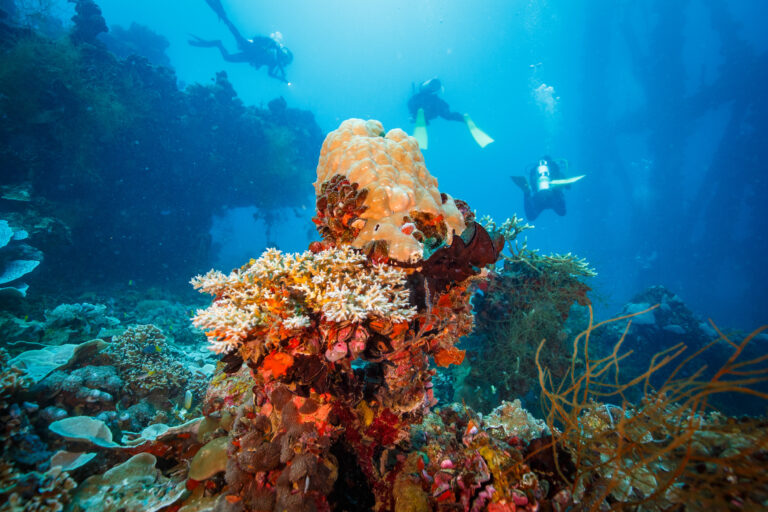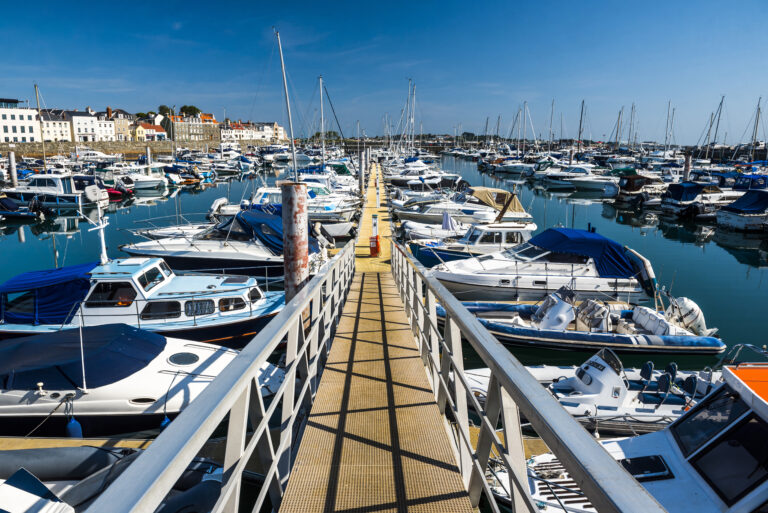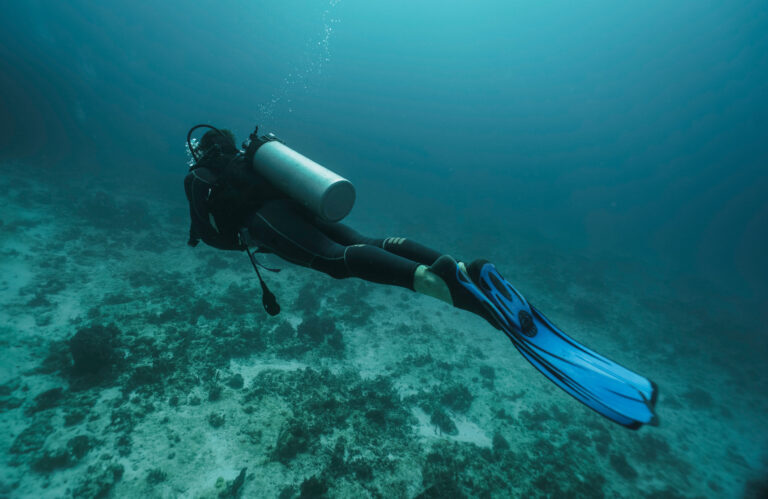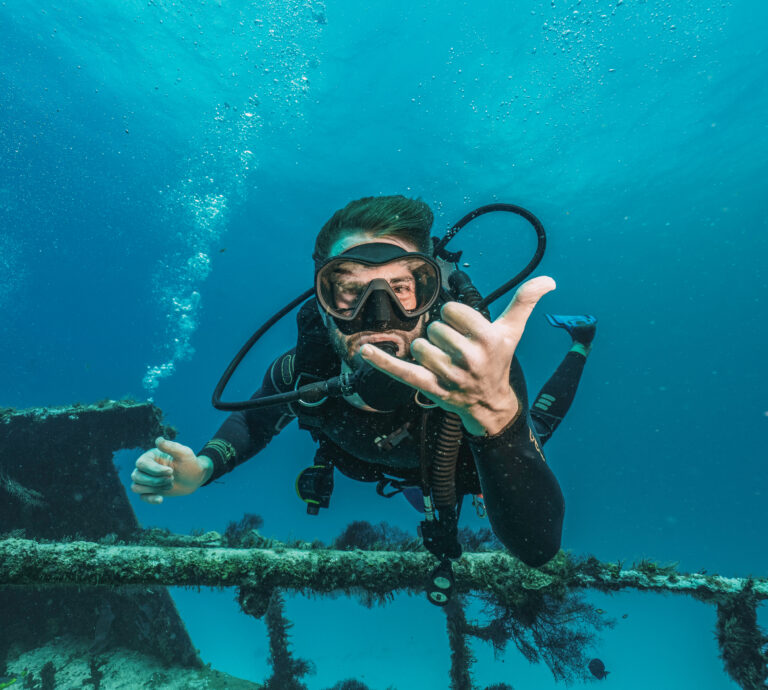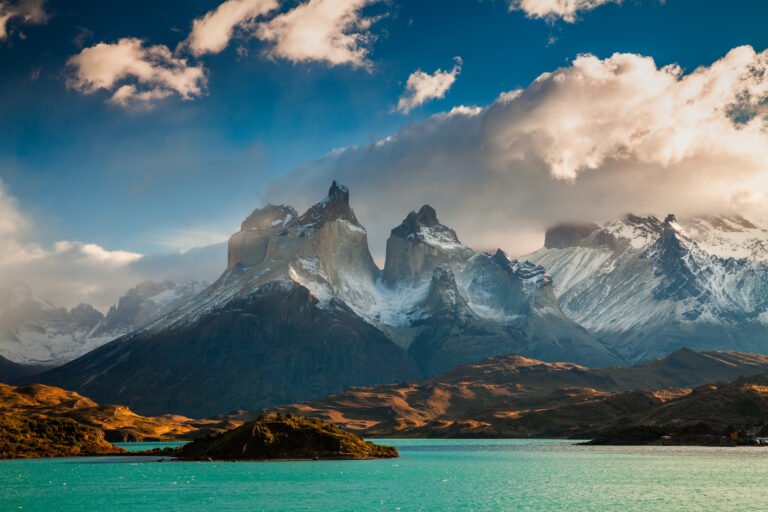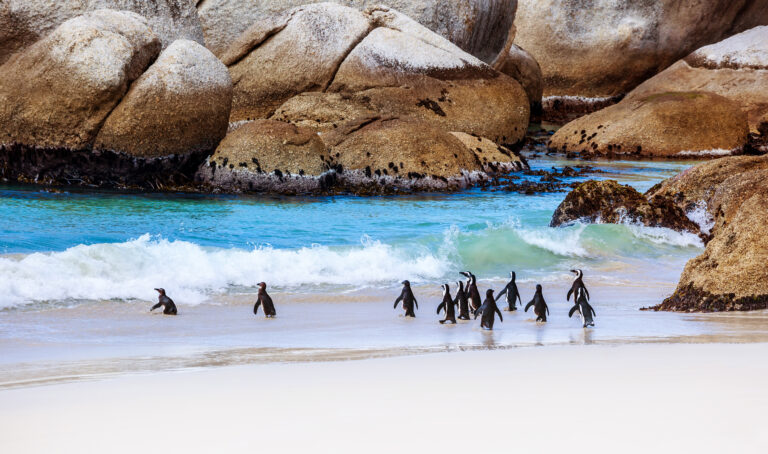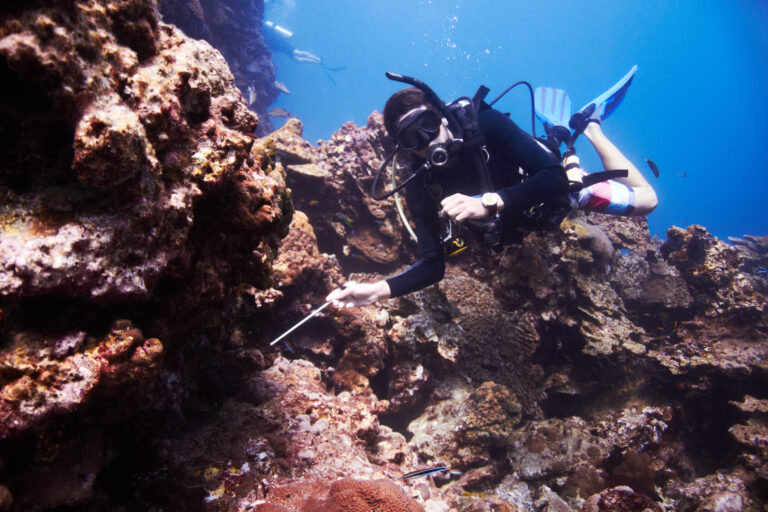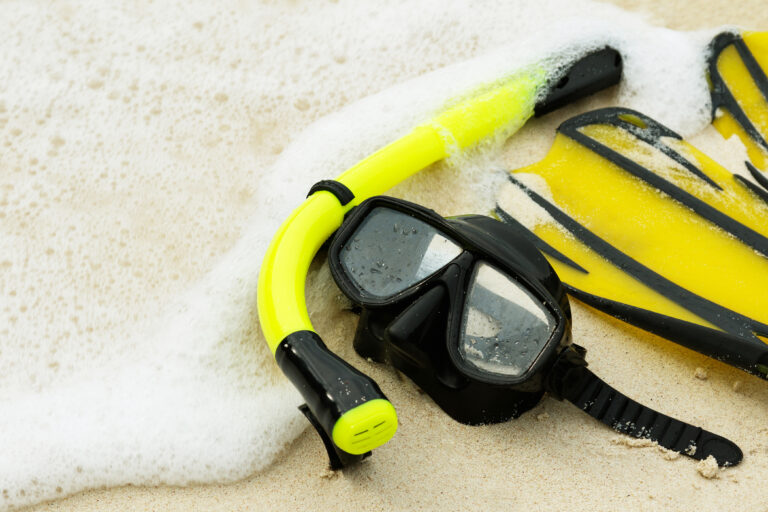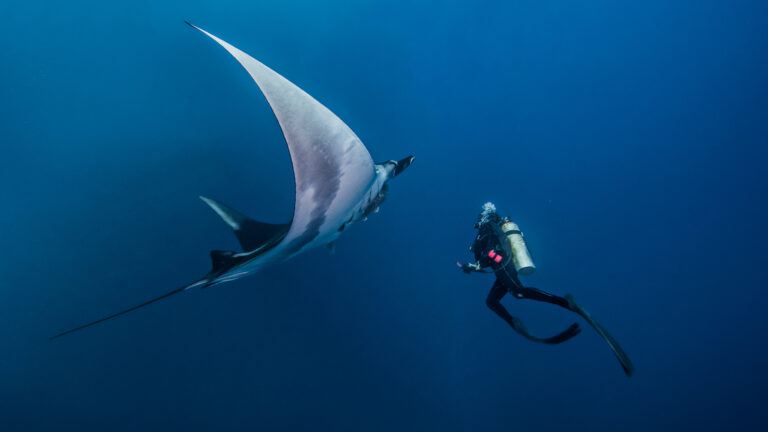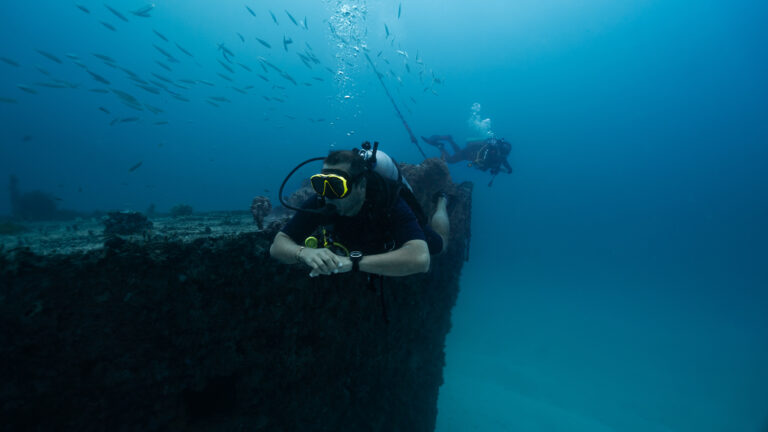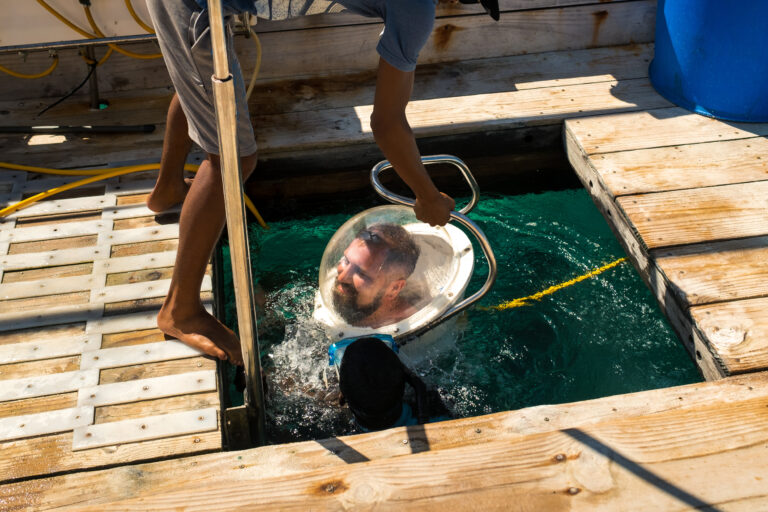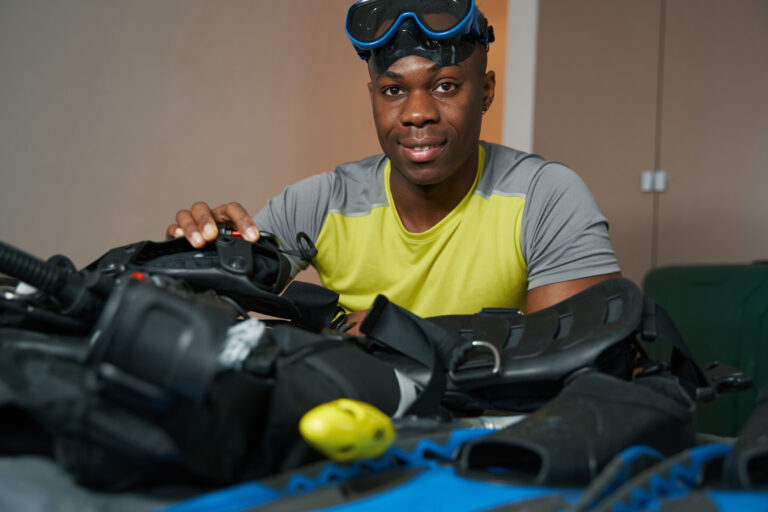SCUBA DIVERS’ TRAVEL GUIDE TO Cyprus
Cyprus is a Mediterranean island that offers a rich variety of diving experiences for all levels of scuba enthusiasts. Whether you are looking for colorful reefs, ancient wrecks, or dramatic caves, Cyprus has something for you. You can explore the underwater world of Cyprus all year round, thanks to its warm and clear waters. Cyprus is also a destination with a fascinating history and culture, where you can enjoy delicious cuisine, friendly hospitality, and stunning scenery. Cyprus is more than just a diving destination. It is a place where you can discover the beauty and diversity of the Mediterranean.
LOCATION AND GEOGRAPHY
Cyprus, the third largest island in the Mediterranean Sea, lies at the crossroads of three continents—Europe, Asia, and Africa—endowing it with a rich tapestry of cultural influences and a diverse underwater landscape. Geographically, the island is characterized by its rugged coastline, sandy beaches, and clear blue waters that provide excellent visibility for scuba diving. The varied marine terrain includes caverns, tunnels, and an abundance of artificial reefs, most notably the MS Zenobia wreck off the coast of Larnaca, which is considered one of the top wreck dives in the world. The island’s subsea topography is a product of its geological past, with the Troodos Mountains rising from the sea and creating dramatic drop-offs and wall dives for the more adventurous. Cyprus’s strategic location in the eastern Mediterranean offers divers a unique blend of Mediterranean and Middle Eastern aquatic life, with a climate that makes it an ideal year-round diving destination.
VISA AND ENTRY REQUIREMENTS
Before embarking on your underwater adventure to Cyprus, it is essential to ensure that your travel documents are in order. Cyprus, a member of the European Union, typically requires a visa for travelers from non-EU countries, although there are exceptions for certain nationalities. Visitors from the EU, EEA, Switzerland, and countries like the United States, Canada, Australia, and New Zealand can enter Cyprus without a visa for stays up to 90 days within a 180-day period. It is important to have a passport valid for at least three months beyond your intended stay. For longer visits or for purposes other than tourism, such as work or study, a different type of visa and additional documentation may be required. Always check the latest visa requirements with the Cyprus embassy or consulate in your home country well in advance of your trip, as regulations can change. Upon arrival, ensure you receive a stamp in your passport to avoid any issues during your stay or when departing Cyprus. With the paperwork sorted, you can dive into the crystal-clear waters and explore the rich marine life and historical wrecks that Cyprus has to offer.
GETTING TO Cyprus
Getting to Cyprus, the jewel of the Mediterranean, is a straightforward journey for scuba diving enthusiasts looking to explore its underwater treasures. The island is served by two international airports: Larnaca International Airport (LCA) and Paphos International Airport (PFO), which are well-connected with major cities across Europe and the Middle East. Many airlines offer direct flights, especially from European hubs, making it a convenient destination for divers. Upon arrival, visitors can rent a car or use the island’s bus system to reach the various coastal towns known for their diving spots, such as Ayia Napa, Larnaca, and Limassol. For those arriving by sea, Cyprus has several ports, with Limassol being the largest, where private yachts and cruise ships can dock. Whether by air or sea, the allure of Cyprus’s crystal-clear waters and rich marine life is just a journey away.
BEST TIME TO DIVE
The best time to scuba dive in Cyprus is from June to November when the Mediterranean waters are at their warmest and visibility is at its peak, often exceeding 30 meters. During these months, the sea temperature ranges comfortably between 22°C and 27°C, making it ideal for exploring the island’s underwater treasures without the need for a thick wetsuit. This period also coincides with the high season for marine life, offering divers the chance to encounter a diverse array of species. While diving is possible year-round, the winter months can see cooler water temperatures, down to around 16°C in January and February, and choppier conditions. However, for those willing to brave the cooler waters, winter diving means fewer tourists and the opportunity for a more serene underwater experience. Whether you’re planning to explore the famous Zenobia wreck or the vibrant reefs and caves, timing your visit during these optimal months will enhance your scuba diving adventure in Cyprus.
ACCOMMODATION OPTIONS
Cyprus, a Mediterranean gem, offers a variety of accommodation options to suit the needs of scuba divers seeking to explore its underwater wonders. From the bustling coastal city of Limassol to the serene beaches of Paphos, divers can choose from luxury resorts with on-site dive centers, ensuring seamless transitions from bed to boat. For those on a budget, family-run guesthouses and self-catering apartments provide comfortable stays at a fraction of the cost, often with dive package deals. In the quaint village of Larnaca, divers can find boutique hotels that combine local charm with easy access to the famous Zenobia wreck. Meanwhile, the rugged Akamas Peninsula caters to the eco-conscious traveler with eco-lodges and camping options, placing them right at the heart of some of the island’s most pristine diving spots. No matter the preference, Cyprus’s range of accommodations ensures that every diver can find a suitable base to rest and recharge after a day spent beneath the waves.
DIVE OPERATORS AND DIVE SHOPS
In the azure embrace of the Mediterranean, Cyprus offers a plethora of dive operators and shops that cater to both novice and experienced divers, ensuring a seamless underwater adventure. From the bustling coastal towns of Paphos and Ayia Napa to the serene shores of Larnaca and Limassol, each dive center prides itself on a high standard of safety, professionalism, and local knowledge. These establishments offer a range of services, including PADI and SSI certification courses, guided dives to explore the island’s rich marine life, and excursions to renowned sites such as the Zenobia wreck—one of the top wreck dives in the world. Dive shops in Cyprus are well-equipped with rental gear that is meticulously maintained, and their multilingual staff are eager to share the hidden underwater treasures of the island. Whether you’re looking to delve into a sunken history or simply enjoy the vibrant coral and aquatic fauna, Cyprus’s dive operators are your gateway to an unforgettable Mediterranean dive experience.
TRANSPORTATION WITHIN Cyprus
Transportation within Cyprus is convenient and varied, offering scuba divers easy access to the island’s renowned dive sites. While Cyprus does not have a railway system, the road network is extensive and well-maintained, making car rentals a popular choice for flexibility and comfort, especially for those looking to explore multiple diving locations or the island’s picturesque villages and historical sites. Public buses connect major towns and tourist areas, but service can be less frequent in remote areas or outside peak tourist seasons. For a more personalized experience, taxis and ride-hailing services are readily available, though it’s wise to agree on the fare in advance when taking a taxi. Coastal cities like Paphos, Larnaca, and Ayia Napa are also well-served by local bus services, which can be a cost-effective option for divers staying within these areas. For those planning to visit the divided capital, Nicosia, or the northern part of the island, be aware of the different transportation arrangements due to the political situation. Always check the latest travel advice and local regulations before planning your journey.
CURRENCY AND PAYMENT METHODS
In Cyprus, the official currency is the Euro (€), which is convenient for travelers from the Eurozone. ATMs are widely available across the island, particularly in tourist areas and near popular dive sites, allowing for easy access to cash. Credit and debit cards, including Visa and MasterCard, are accepted at most dive shops, hotels, and restaurants, though it’s always wise to carry some cash for smaller establishments or remote locations where electronic payments might not be possible. When booking scuba diving excursions, it’s recommended to check with the specific dive operator regarding their preferred payment methods, as some may offer online payment options or require a deposit in advance. Always have a small amount of cash on hand for tips and incidental expenses, and be aware that while bargaining is not common in Cyprus, prices for diving packages can sometimes be negotiable, especially during the off-peak season.
LANGUAGE AND COMMUNICATION
When diving in the enchanting waters of Cyprus, communication both above and below the surface is predominantly conducted in English and Greek, reflecting the island’s rich history and its status as a popular international tourist destination. Dive operators and instructors are typically fluent in English, ensuring that briefings and dive-related instructions are easily understood by a wide array of visitors. However, a basic understanding of Greek phrases and dive signals can enhance your interaction with local divers and residents, adding a layer of cultural immersion to your underwater adventure. It’s also common to find dive professionals who speak other European languages, catering to the diverse clientele drawn to Cyprus’s crystal-clear waters and historic wreck sites. Regardless of language, the universal hand signals used in scuba diving are the primary means of underwater communication, ensuring safety and coordination among divers of all nationalities as they explore the island’s submerged treasures.
LOCAL CULTURE AND ATTRACTIONS
Cyprus, a Mediterranean gem, offers a rich tapestry of cultural experiences and attractions that perfectly complement its underwater allure. Above the surface, the island is steeped in history, with ancient ruins like the Tombs of the Kings and the mosaic-adorned House of Dionysos in Paphos, a UNESCO World Heritage site, whispering tales of bygone civilizations. The local culture is a vibrant blend of Greek and Turkish influences, evident in the warm hospitality, lively music, and tantalizing cuisine that features meze platters and halloumi cheese. After a day of diving, visitors can wander through the winding streets of traditional villages or explore the Venetian walls and Ottoman baths in the divided capital of Nicosia. Festivals such as the Limassol Carnival and the Flower Festival in Paphos offer a glimpse into the island’s festive spirit, while the serene monasteries like Kykkos provide a peaceful retreat. Whether it’s through savoring a glass of Commandaria wine or joining a folk dance, divers are invited to immerse themselves in the local culture and attractions that make Cyprus a destination with depth both below and above the water.
CULTURAL ETIQUETTE AND TIPS
When diving in Cyprus, it’s important to approach the experience with a sense of respect for both the local culture and the marine environment. Cypriots are known for their warm hospitality, but it’s courteous to greet them with a friendly “Yasas” (hello) and to show appreciation with a heartfelt “Efharisto” (thank you). As a Mediterranean island, Cyprus has a laid-back atmosphere, yet punctuality for diving excursions is taken seriously, so be on time to demonstrate respect for your guides and fellow divers. It’s customary to remove your shoes before entering someone’s home or certain traditional tavernas, so be prepared to do so if invited. When it comes to the underwater world, remember that the island is home to many historical wrecks and archaeological sites; it’s crucial to look but not touch, as preserving the integrity of these sites is a matter of national pride and ecological responsibility. Lastly, tipping is appreciated for exceptional service, with 10-15% being standard for dive guides and boat crews who go above and beyond to enhance your diving adventure in Cyprus.
LOCAL LAWS AND REGULATIONS RELEVANT TO TOURISTS
When planning a scuba diving trip to Cyprus, it is essential to be aware of the local laws and regulations to ensure a safe and lawful experience. Cyprus requires all divers to be certified by a recognized diving organization, and diving without a permit is strictly prohibited. The island enforces protected marine areas where restrictions on diving activities are in place to preserve the underwater environment; it is crucial to check the specific zones before diving. Spearfishing with scuba gear is illegal, and the collection of archaeological artifacts from the seabed is a serious offense, with heavy fines and potential imprisonment. Additionally, diving within the vicinity of military zones is not allowed. It is advisable to dive with local, licensed dive operators who are familiar with the latest regulations and no-diving zones. Always carry identification and your diving certification card with you, as spot checks by the local authorities are common. By respecting these regulations, divers can enjoy the rich underwater landscapes and historical wrecks that Cyprus has to offer, while contributing to the conservation of its marine heritage.
SAFETY TIPS AND EMERGENCY CONTACTS
When planning a scuba diving trip to the enchanting waters of Cyprus, safety should be your paramount concern. Always dive within your certification limits and ensure that your equipment is in good working order before descending into the Mediterranean’s embrace. It is crucial to be aware of the local marine life and to maintain a respectful distance, particularly from the intriguing but potentially hazardous sea creatures like the spiny lionfish. Familiarize yourself with the dive site’s specific conditions, such as currents and visibility, and always dive with a buddy. In case of an emergency, it is essential to know that the primary emergency contact number in Cyprus is 112, which can be dialed for immediate assistance. Additionally, the island is equipped with decompression chambers, located in Limassol and Paphos, to treat diving-related incidents. Keep these contact details and the location of the nearest medical facilities handy, and consider investing in dive insurance that covers hyperbaric treatment. By following these safety tips and having emergency contacts readily available, you can ensure a more secure and enjoyable diving experience in the beautiful waters of Cyprus.
HEALTH AND TRAVEL INSURANCE
When planning a scuba diving trip to Cyprus, it is crucial to consider health and travel insurance that covers diving-related activities. The island’s crystal-clear waters and fascinating underwater sites, such as the Zenobia wreck, make it a diver’s paradise, but it’s important to be prepared for any unforeseen circumstances. Ensure that your insurance policy includes coverage for scuba diving incidents, hyperbaric treatment in case of decompression sickness, and medical evacuation if necessary. Cyprus has good medical facilities, but specialized treatments may require transport to a facility with hyperbaric chambers. Additionally, check if your policy covers trip cancellations, lost or damaged gear, and personal liability. It’s advisable to choose a policy that specifically caters to divers, as standard travel insurance may not provide adequate coverage for diving accidents. Always carry proof of your insurance and emergency contact information with you while diving. By securing the right insurance, you can explore the underwater treasures of Cyprus with peace of mind.

